
LJR caught up with Zurco to find out how the public has reacted to her start, the evolution of her work and her relationship with colleagues.

Research with readers from Latin American countries indicates that the decision to pay for news is associated with the independence and transparency of the news outlet and suggests that digital media should better communicate these values to their potential audience.
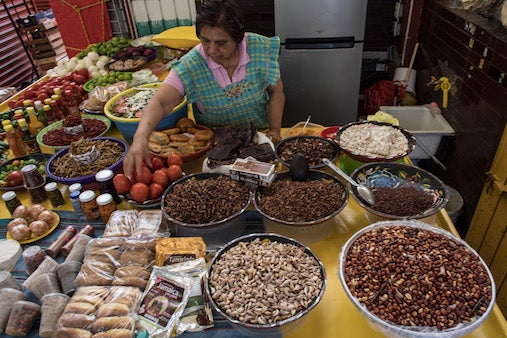
Bocado, which launched at the end of June, is a regional network of journalists with the objective of making investigative and in-depth articles about food in Latin America in Portuguese and Spanish.

The action button was launched in February 2019. Since then, it has generated more than a thousand responses or actions among its members.
Press freedom organizations from Latin America and the United States have come out in defense of Daniel Santoro and three other Argentine journalists after a judge named them in an investigation into alleged extortion and illegal espionage he says was carried out by the fake lawyer Marcelo D'Alessio.

Media from Brazil, Mexico, Argentina, Venezuela and Puerto Rico took home prizes as part of the LATAM Digital Media Awards presented by the World Association of Newspapers and News Publishers (WAN-IFRA).
Winners of the Javier Valdez Latin American Award for Investigative Journalism were presented during the 2018 Latin American Conference of Investigative Journalism (Colpin) held from Nov. 8-11 in Bogota, Colombia.
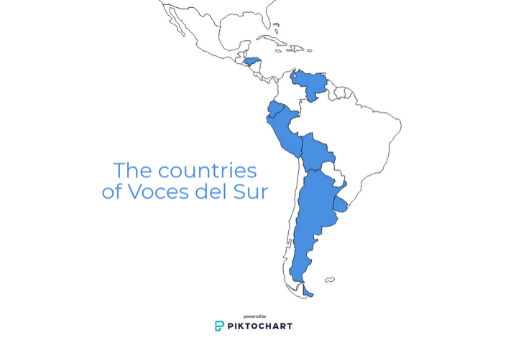
United not only by cultural and geographical similarities, but also by the type of problems that their countries face politically, economically and socially, seven journalistic organizations have formed the Voces del Sur alliance to systematize the monitoring freedom of expression in their countries.
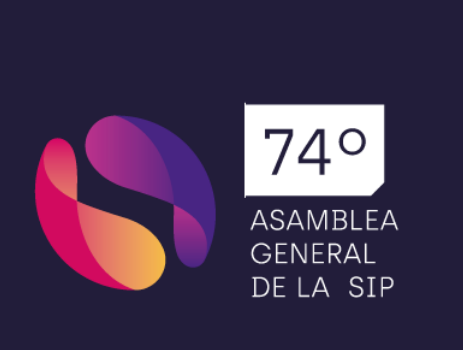
During 2018, 30 journalists have been murdered in the Americas, 20 of them just between April and October. This was one of the conclusions of the 74th General Assembly of the Inter-American Press Association (IAPA), held Oct. 19-22 in Salta, Argentina.
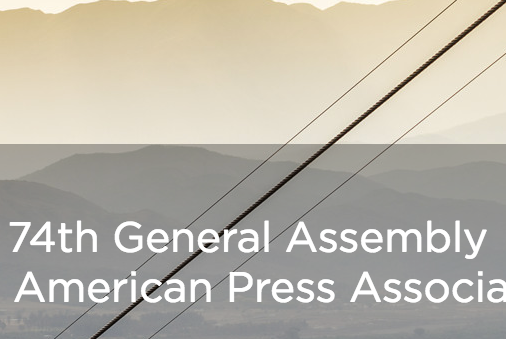
The General Assembly of the Inter-American Press Association (IAPA) and its board of directors approved the Declaration of Salta on the principles of freedom of expression in the digital era on Oct. 22 in Argentina. The declaration aims to guarantee that human rights are respected in the digital space.
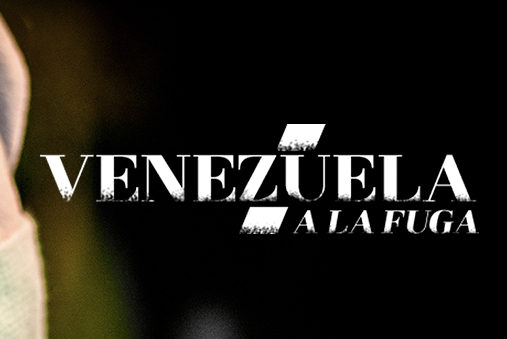
Stories about the effects of man-made environmental disasters, the fight for women’s rights and an international refugee crisis were recognized at the 2018 Gabriel García Márquez Journalism Awards.
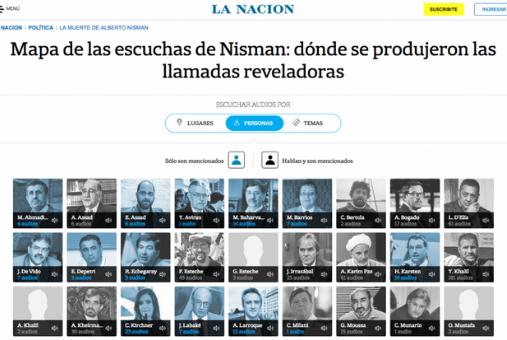
Latin American newsrooms won four big honors at the 2018 Online Journalism Awards, prestigious prizes recognizing excellent digital journalism.